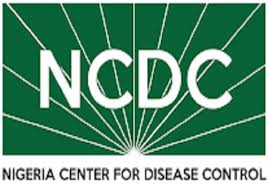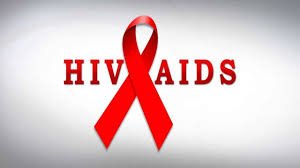The Nigeria Centre for Disease Control (NCDC) has raised concerns about the growing threat of antimicrobial resistance (AMR), describing it as a critical global challenge that endangers food systems and national health security.
At the 79th United Nations General Assembly, NCDC Director-General Jide Idris emphasized the need for urgent action, stating, “AMR is not just a health issue; it’s a global development challenge that threatens food systems, impacts maternal and child health, compromises economic stability, and weakens national security.”
According to the World Health Organization, AMR could cause up to 10 million deaths annually by 2050 if left unchecked.
With Nigeria’s population projected to exceed 400 million by then, combating AMR is crucial.
Idris identified factors driving AMR, including antibiotic misuse in human and animal health, poor sanitation, and weak surveillance systems.
He stressed the importance of a “One Health” approach, uniting health, agriculture, environment, and industry sectors.
Highlighting Nigeria’s efforts, Idris said, “We’re investing in modernising healthcare facilities to enhance AMR surveillance and treatment capabilities, improving diagnostics and integrating data systems for better tracking of resistance patterns.”
The Explainer learned, the NCDC is also working to expand laboratory networks for improved AMR monitoring and early outbreak detection. Idris emphasized that achieving universal health coverage is crucial in the fight against AMR.
“In Nigeria, we’re working to ensure that access to quality healthcare is the right for all citizens and not a privilege to the few,” he said.
He added, “Expanding universal health coverage means that more Nigerians will have access to proper diagnosis and proper use of antibiotics and timely interventions for infections.”
Idris also highlighted efforts to strengthen pharmaceutical distribution systems and enhance regulation of antibiotic sales to prevent misuse.


























